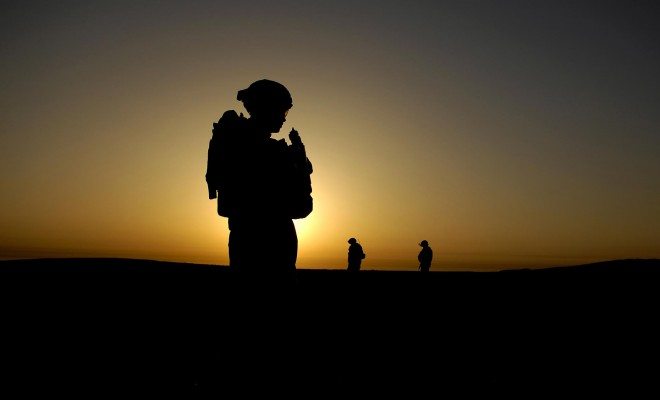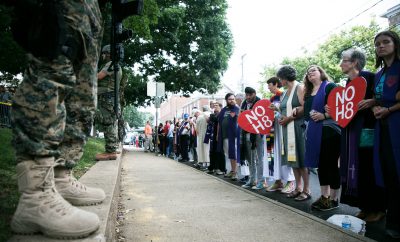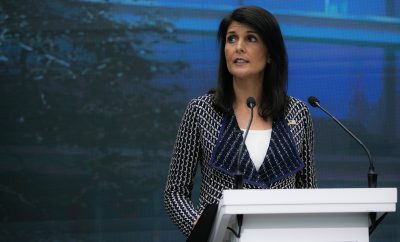 Image courtesy of [The U.S. Army via Flickr]
Image courtesy of [The U.S. Army via Flickr]
Society and Culture
Collectively In Crisis: The Sad State of World Affairs
For the first time in decades, the United Nations has declared four of the world’s humanitarian crises a “Level 3 Emergency,” the highest possible rating the organization can assign. The four on the list are Syria, South Sudan, Central African Republic, and Iraq; Iraq was just added to the list on August 14th. From the Islamic State beheading journalists, to the thousands dying from the Ebola virus in Western Africa, from the thousands of civilians fleeing towns in Iraq, to the million malnourished and displaced in South Sudan, as a world, we are collectively in crisis.
According to Nickolay Mladenov, special representative of the United Nations Secretary General, the “Level 3” emergency designation facilitates “mobilization of additional resources in goods, funds and assets to ensure a more effective response to the humanitarian needs of populations affected by forced displacement.”
The Inter-Agency Standing Committee, a team of UN and other NGO humanitarians, is responsible for determining the level of crisis. Level 3 is given to countries experiencing civil unrest that causes the displacement or removal of thousands of people. Unlike natural disasters, conflicts put humanitarian workers in the crossfire, making relief efforts that much more difficult.
Iraq became a particular concern after the situation on Sinjar Mountain escalated and thousands of Yazidi families–a particular religious community in Iraq–were trapped on the mountain without water, nourishment or any form of sanitation as ISIS fighters surrounded them. Despite numerous Department of Defense airdrops over a week long period in August, 1.5 million Iraqis are in need of humanitarian help, according to USAID.
USAID estimates that 10.8 million people are in need of humanitarian assistance in Syria; 2.5 million in the Central African Republic, with 900,000 more displaced; and 1.1 million displaced in South Sudan. USAID Administrator Rajiv Shah said:
This is the first time in our agency’s history that we have been called on to manage four large-scale humanitarian responses at once— in addition to reaching other vulnerable populations worldwide and preparing communities ahead of natural disasters.
UNICEF, WFP, UNFPA, UNHCR, CARE USA, World Vision USA, Save the Children, Oxfam America and many other NGOs are currently operating in these four countries. Their contributions have saved thousands from death, and millions of individuals have been helped to get back on their feet. The U.S. government alone has sent more than $2.8 billion in assistance to these four countries; but the battle is nowhere close to being done.
To the 5,000 people who are suffering from the Ebola virus, I feel for you. To my sisters in India, who have no choice but to give contaminated water to their children, I feel for you. To the 5.5 million children affected by the crisis in Syria, I feel for you. To the families in Gaza whose houses have been destroyed, I feel for you. I know my empathy won’t bring your loved ones back, give you a new home, or calm the fear that you have to live with everyday. But I hope my words can reach and inspire my colleagues here in America. I hope my words will make people realize how mundane their issues are compared to those I’ve outlined above. I hope my words can bring us together collectively, so we can finally realize that it isn’t “us and them,” but simply “us.” We are Iraq. We are Syria. We are South Sudan. We are Central African Republic. If they are experiencing a crisis, we are experiencing a crisis. With countries like Gaza, Yemen and the Democratic Republic of Congo on the horizon of reaching a level 3 designation, humanitarian aid is needed now more than ever. We are collectively in crisis, but it doesn’t have to be that way.

Mic Drop








Comments